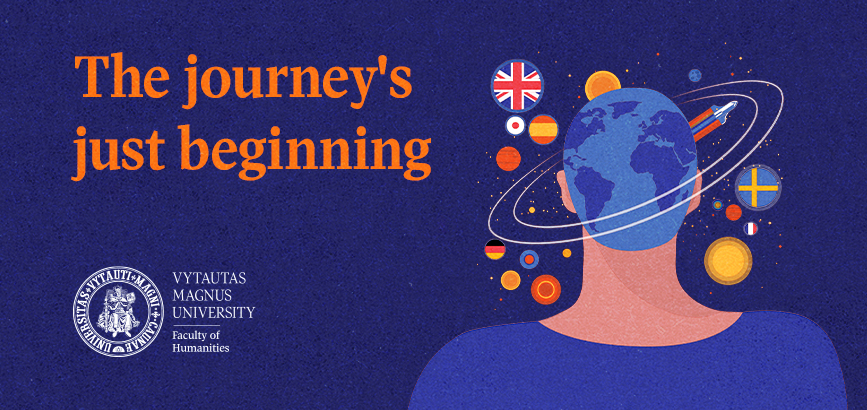History
“Inventions and new ideas come unexpectedly, like a thief at night <…> it is impossible to carry out scholarly work, if no proper conditions are ensured; one of those conditions are well-equipped and provided with necessary means classes”, Prof. V. Čepinskis, the Rector of Vytautas Magnus university, said in 1932.
The First Republic of Lithuania and the year of 1922 mark the beginning of Kaunas as a university city. The University of Lithuania established by Lithuanian and foreign scholars became an educational space for different cultures, languages and the development of national ideas. The creation of cosmopolitan as well as national and open to the world society at the Faculty of Humanities was believed by Swiss scholars Alfred Senn and Joseph Ehret (who was granted Lithuanian citizenship in 1922), German scholar Horst Engert (who became Lithuanian citizen in 1936), Rusian professors Lev Karsavin, Ivan Lappo and Vosyl Sezeman. Juozas Tumas-Vaižgantas, Zenonas Ivinskis, Mykolas Biržiška, Balys Sruoga, Vladas Dubas and other Lithuanian scholars shaped the modern humanities in Lithuania and open society.
Lithuania Awakening and the year of 1989; the reestablishment of Vytautas Magnus university became a joint Lithuanian and foreign Lithuanian signal to the academic world that the reestablished university turns to academic freedom. Prof. Algirdas Avižienis in his Rector‘s inauguration speech emphasized the guidelines for the future which are still relevant to this day: “the seek for academic freedom and perfection in all university’s deeds; the university needs the third quality which is nurturing of traditions as well as joining the world’s best universities. At Vytautas Magnus University we seek collegiality and tolerance for different views, deep focus on our nation’s spiritual treasures and sincere efforts educating an intellectually and ethically mature, spiritually and physically healthy young man”.
The history of the Faculty of Humanities at Vytautas Magnus university encourages to deepen our understanding into the essence of human nature, culture, literature, languages and society.












